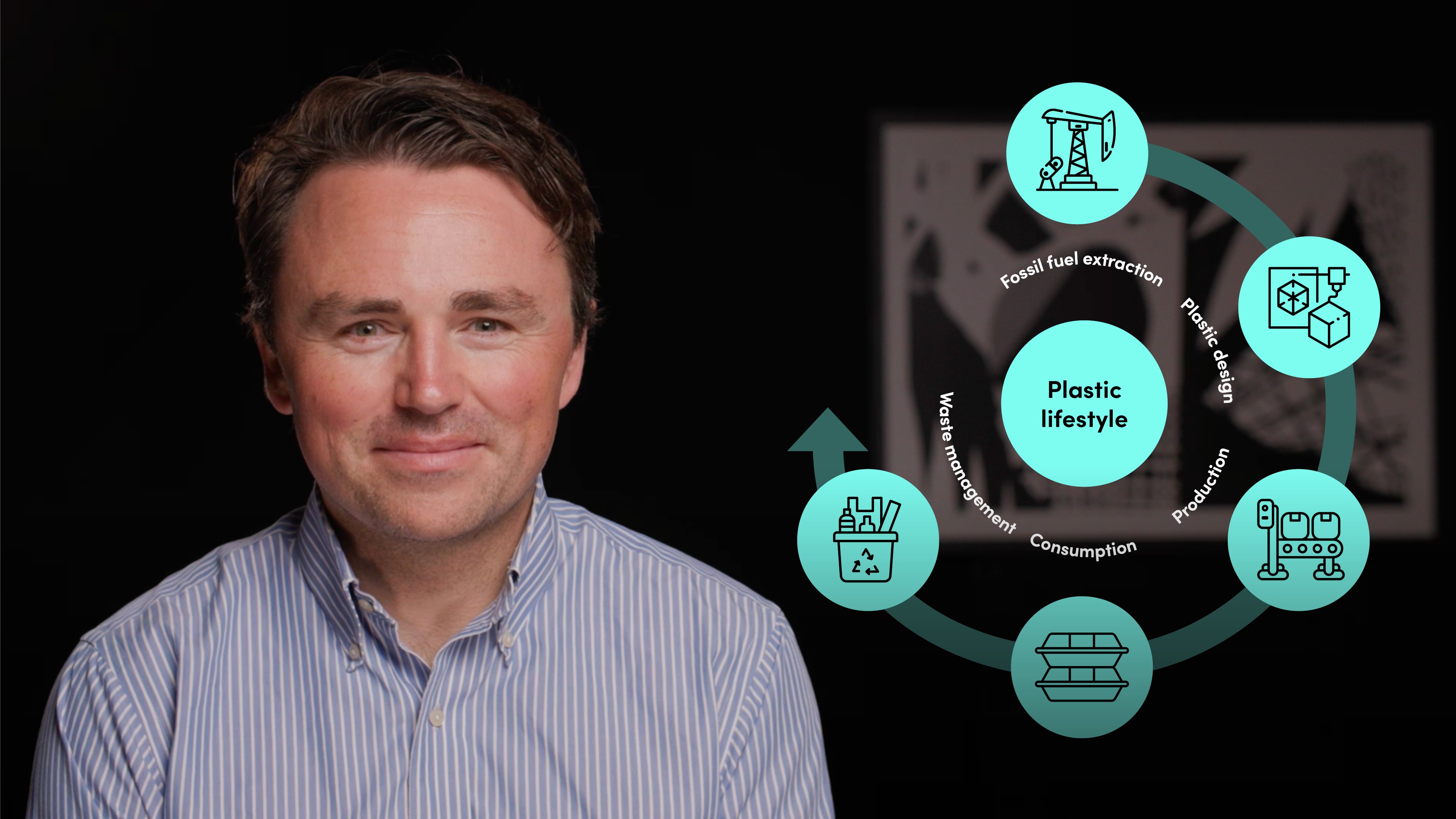
Introduction to Tackling the Plastics Crisis

Vincent Kneefel
15 years: Ocean conservationist
20 companies are said to be responsible for 55% of global plastic waste produced. Even if all current commitments are followed, the world's plastic waste leakage will only be reduced by 7%. But don’t despair – join Vincent Kneefel as he explores some global and regional solutions to the plastic problem.
20 companies are said to be responsible for 55% of global plastic waste produced. Even if all current commitments are followed, the world's plastic waste leakage will only be reduced by 7%. But don’t despair – join Vincent Kneefel as he explores some global and regional solutions to the plastic problem.
Subscribe to watch
Access this and all of the content on our platform by signing up for a 7-day free trial.

Introduction to Tackling the Plastics Crisis
9 mins 20 secs
Key learning objectives:
Outline global solutions to the plastic crisis
Understand the impact of a plastic circular economy
Define extended producer responsibility (EPR)
Define producer responsibility organisation (PRO)
Overview:
The global response to the plastic crisis starts with the United Nations Environment Programme's (UNEP) annual summit in March 2022. 175 countries signed the most ambitious worldwide deal on plastic pollution, aiming to manage plastic across its entire life-cycle, with the primary goal of establishing circular economies that eliminate single-use plastics. Regionally, more governments are investigating regulatory solutions including extended producer responsibility, a policy strategy in which producers are assigned significant financial/physical responsibility for the management or disposal of post-consumer products. Companies meanwhile are exploring producer responsibility organisations, an organisation that assumes the responsibilities of an obligated party, regarding the collection and recycling of products.
Subscribe to watch
Access this and all of the content on our platform by signing up for a 7-day free trial.
What is the global response to the plastic crisis?
175 countries signed the most ambitious worldwide deal on plastic pollution at the United Nations Environment Programme's (UNEP) annual summit in March 2022. The agreement aims to manage plastic across its entire life-cycle – with the primary goal of establishing circular economies that eliminate single-use plastics. Countries would be required to implement new standards in industries that utilise plastic and build waste management systems. The resolution summit established an Intergovernmental Negotiating Committee (INC) which aims to have completed a global legally binding draft agreement by the end of 2024.
How could a plastic circular economy help the pollution crisis?
The circular economy has the power to significantly reduce how much plastic enters the oceans.
Moving to a circular economy would:
– Reduce the volume of plastics entering the ocean by over 80% by 2040
– Save governments $70bn in the process
– Create 700,000 jobs
What is extended producer responsibility (EPR)?
According to the OECD, extended producer responsibility (EPR) is a policy strategy in which producers are assigned significant financial and/or physical responsibility for the management or disposal of post-consumer products.
Theoretically, assigning this responsibility might generate incentives to decrease waste at source, encourage environmentally-friendly product design, and support public recycling and waste management goals.
EPR programs are enacted by governments and put a legal obligation on producers to adhere to laws concerning the lifecycle management of their products and packaging.
What is a producer responsibility organisation (PRO)?
This is an organisation that assumes the responsibilities of an obligated party, as outlined in government regulations regarding the collection and recycling of products. For example, companies manufacturing plastics might pay a PRO to engage in activities such as collecting plastic waste from a beach, sorting into what is recyclable and then recycling the plastics (on behalf of the company).
Subscribe to watch
Access this and all of the content on our platform by signing up for a 7-day free trial.

Vincent Kneefel
There are no available Videos from "Vincent Kneefel"





























